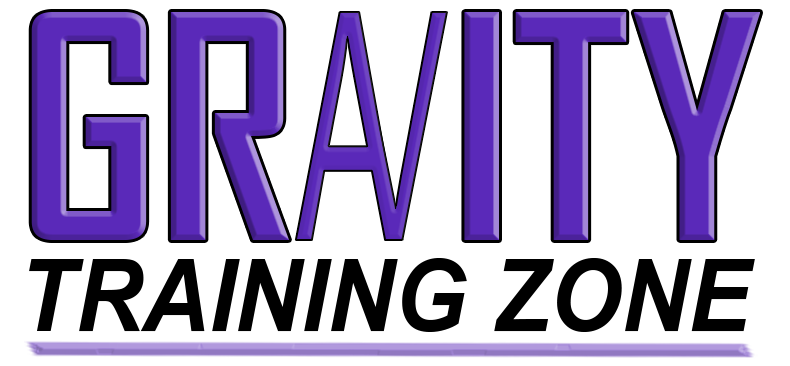Good Nutrition and Fitness Training go Hand in Hand
The muscles that you use during your fitness regimen, whether you’re trying to gain muscle or training for a marathon, rely on the fuel that you provide them with a nutritious diet. While the individual needs may vary depending on your personal goals, supplying your body with the right nutrients in the proper amounts can drastically affect the success or failure of your fitness goals. In many ways your body can be compared to a performance car. If you fuel a precision engine with substandard gas it won’t perform at peak capacity. Likewise if you fuel your body with substandard foods, you aren’t likely to get the results that you want from your workout. Getting the right fitness nutrition, before, after, and sometimes during your workouts can improve the quality of the session as well as help you achieve your long term goals.
Protein
Dietary protein plays several roles in relation to exercise and is crucial to proper fitness nutrition. Since it is the main component of muscle, it helps to construct new muscle fibers as well as repairing any muscle tissue that may have been damaged during workouts. In addition, proteins like those in found in milk (whey) that contain branched chain amino acids that promote muscle recovery. This means that your muscles recovery more quickly and you won’t need to wait as long between workouts. The amount of protein needed depends on your goal. The right nutrition for bodybuilders for example, would include more protein than for someone who is training for a marathon.
Carbohydrates
Carbs, both sugars and starches, are what give your muscles the energy that they need to perform their assigned tasks. While they’ve had a bad reputation when it comes to fitness nutrition in the past, they are a very important part 75.163.79.171of a balanced diet. No matter what type of workout you do, carbs are the energy behind it. Once consumed, carbohydrates break down into individual types of sugars; fructose, glucose, and galactose. These smaller sugars are in turn absorbed by the body and used as fuel. The glucose that isn’t needed at the time is stored in the liver and muscles as glycogen and can be called upon by the body whenever it’s needed. Once the glycogen stores are at capacity however, any excess is stored as fat.
Vitamins, mineral, and fluids are also essential to you fitness nutrition. The vitamins and minerals enable many of the important functions of the body and staying hydrated is important even when you aren’t exercising. Knowing what to eat, when to eat it, and consuming the right quantities can make the difference between a discouraging lack of progress and seeing the results that you want from your workout

